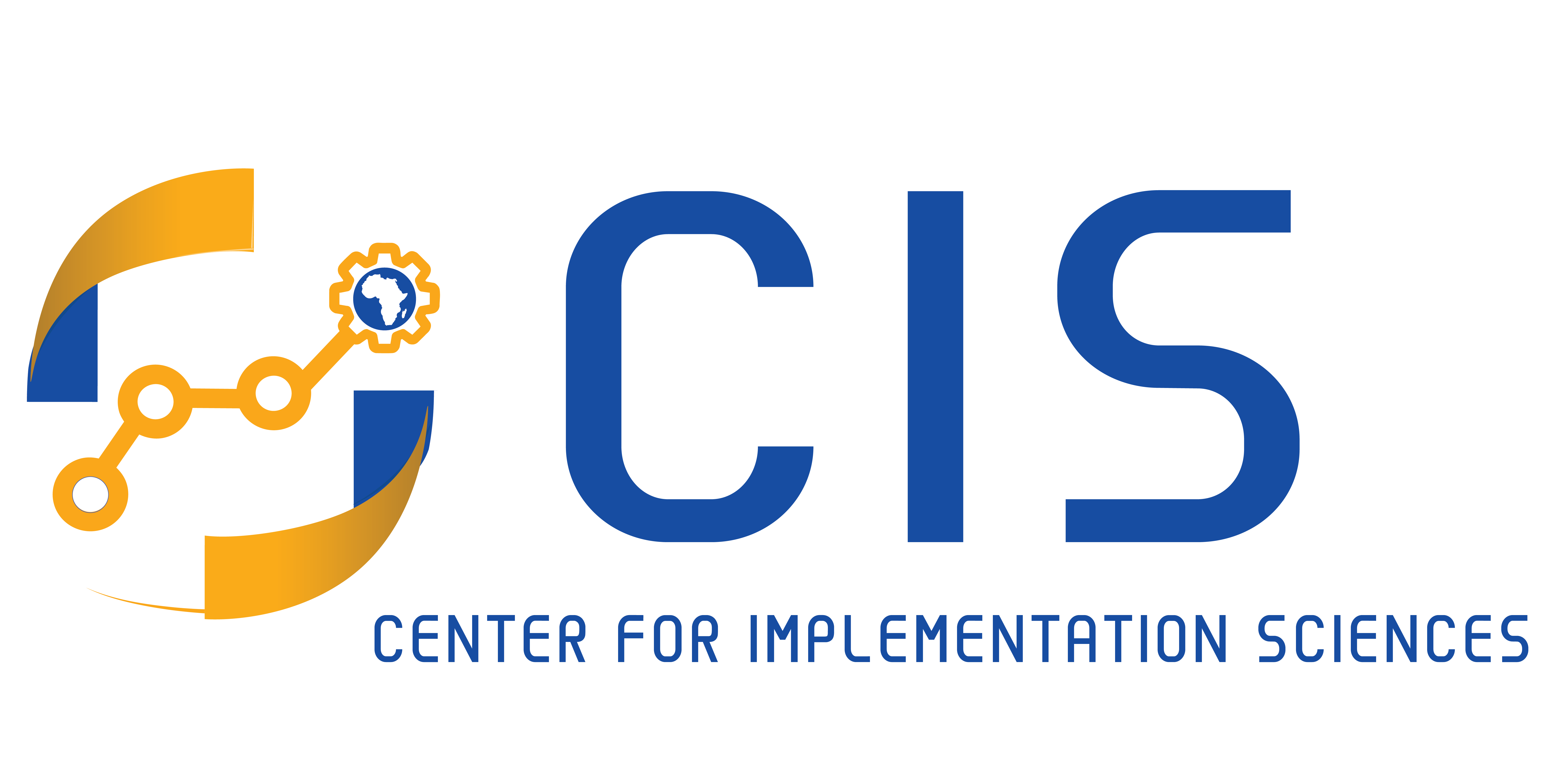- Ethiopia ranks eighth among top ten countries with highest burden of preterm birth worldwide (estimated 376,730 annual preterm births) and low birth weight (LBW) prevalence is estimated as 13%. Advanced medical and feeding care necessary for very preterm and very LBW infants to survive is limited in Ethiopia. The majority of small newborns are at home having been born there or discharged rapidly because they are late preterm (≥ 32-37 weeks gestation) or moderately LBW (≥ 1500-2000 grams.) There are several global recommendations on how to feed LBW infants. However, there is a lack of concise, high-quality, low-resource appropriate, practical instruction and supporting materials to facilitate operationalization, especially outside of an in-patient hospital or facility setting.
- In this proposed study, we will explore how to deliver specialized lactation management among LBW infants who are at home in a low resource setting and test the effectiveness of doing so on breastfeeding and growth outcomes. We will also seek to improve specialized lactation management in NICU and iKMC without test of effectiveness.
Implementation process
- The formative assessment is currently in progress in two woredas at Oromia region using mixed method, including qualitative, facility survey and observation. In addition, as part of developing the initial specialized lactation support implementation model, literature review will be conducted. Initial model will be developed using the data from the formative assessment and literature review and successive models using data from continuous program learning until the final refined model which achieves the targeted coverage is developed. During the second phase of the implementation research, the project will scale up to 10 woredas using the refined model.
